This piece is my take on LNT. It’s mostly stuff I have picked up over more than thirty years of hiking, biking, and camping. Lately, I have started to refer to excellent sources such as NOLS, LNT, bikepacking.com, and the online courses from LNT Ireland
Before heading out into the outdoors, it is important to glean as much knowledge as you can about the weather forecast, the prevailing trail conditions, and any other beta from fellow recreationists. This should be an almost subconscious part of your planning and preparation for your safety and enjoyment anyhow. Accidents happen and bad things happen to good people. But don’t be pushing the envelope when you know things are too sketchy for your skills. Otherwise, a SAR team will have to come in and get you out creating lots of noise and disturbance, as well as perhaps putting themselves at risk.
Stick to small groups of three or four when venturing into sensitive wilderness areas. This helps to reduce the impact on the trails and environment. Big groups at camp can also be a real put-off for others. Sure by all means have bigger groups some of the time but stick to well-established routes that can handle that volume of traffic.

This follows on from your planning and preparation. Please don’t use trails if you think that they are going to be a quagmire of mud, or flooded out. You will be tempted to take detours to avoid the worst of it and the trail will get braided. If your bike handling skills are not up to the demands of a technical section of trail, get off your bike and push it along - don’t take an easy option off to the side and create damage. As a bike guide I regularly get my groups to walk along sections of trail at risk rather than contribute to even more damage by trying to pedal through them. After all, what are four hundred yards of walking amongst twenty-nine miles?!
When you are visiting a popular area use existing campsites to minimize further damage or erosion. If you don’t like busy campsites perhaps as part of your planning you should have considered visiting the area in shoulder season. Perhaps even consider going to a campground and using a cabin that is a little bit off-route to reduce your impact if you can afford it. In true backcountry seek out campsites that have as little vegetation as possible and avoid spots that are starting to look well used.
Any gates that you encounter should be left the way that you find them, ie. if it is open - leave it open or if it is shut - leave it shut. Simple!
Well let’s start with the most obvious one that springs to mind, shall we! When you need to take a dump walk at least 200 to 300 yards away from where you are camped, the trail, or any water sources. Dig a hole that is at least 6 inches deep and keep the soil that has been dug up for afterward. Do what you have to do in the hole and then bury your waste with the soil and if possible cover it over with leaves or other vegetation. The best practice would be to put your used toilet paper in a sealable bag and pack it out. I try to keep toilet paper, sealable bags, and a trowel in a particular stuff sack/dry bag so that others in the group can quickly find it when needed. After a few days, this all becomes second nature.
As for food, I have really enjoyed the challenge of trying to minimize how much single-use plastic and packaging I use on overnighters. Dry foods such as dried fruit, oats, rice, pasta, and instant potato can all be decanted from domestic packets at home into resealable bags. I am lucky where I live as we have a wholefood store where you can bring your containers to fill up with ingredients such as those above. This goes to show that LNT is not just for on the trail but it is a way of life too! Have a good look around the kitchen and in the fridge before you head off. There might still be some leftovers from last night’s delicious meal for you to pop into your KleanKanteen. I use mine at the school canteen during the week as well as on bikepacking trips where I know I will be able to visit takeaway places.
Of course, some purchases have to be made before we set off and they might not come in environmentally friendly packaging. Have fun learning how to replace the packaging with something more suitable before you head off and dispose of the nasty packaging at the local recycling center/dump. One of my favorites is a brightly patterned sandwich wrap which I use for all sorts of things, not just sandwiches!
Use a plastic compact pot scraper instead of a traditional scourer as it lasts way longer as well as not require any detergent. Just let tough spots of food on your pan soak overnight and then scrape them off with it.

I don’t know who first quoted this but it is SO, SO simple and effective, isn’t it? We are privileged to be able to visit and travel through the World’s wonderful wild places. Leaving them the way that you found them for others to enjoy is something that we should all strive for. Sometimes taking no pictures at all can create a much more intense, longer-lasting memory of a trip. When my kids were little we camped out not far from our village in the woods above a lake. For some reason, we had to break camp and leave before dawn. As we emerged from the trees the full moon and the Orion constellation were pin-sharp in the night sky. That memory and those of setting up camp will forever be firmly held in our mind’s eye - try it!
Although campfires can make us feel all cozy and outdoorsy they are not really a good idea as they damage the surrounding soil. They also encourage folk to use nearby wood as fuel. As this wood gets used the impact spreads out more and more.
Modern lightweight stoves such as alcohol or butane provide us with a much less impactful way of preparing food and hot drinks.
If you want a campfire stay at a campground that has fire pits. Simple.

For many folks one of the most important reasons for visiting the outdoors is the chance of seeing wild animals in their own habitat. This can be cool but please remember to keep your distance and not to disturb them by getting too close. If animals get phased out they might abandon their young, or become aggressive towards you.
Keep your food stored safely and securely in bear canisters or tree hangs when in Bear Country. This will help towards minimizing the chance of encounters with bears or other animals associating humans with food.
Don’t pick flowers as souvenirs, take a photo instead, or even better if you have time try sketching it!

I often remind guests, or friends that whether we like it or not we all carry a huge responsibility when traveling outdoors. Those new to this incredible world will look to us as an experienced, old hand and often copy what you do. Please remember this and set a good example. This doesn’t just mean following the 7 Principles of LNT, or being a Trail Jedi who never stumbles, grumbles or forgets something. It also means striving to be inclusive of everyone that we meet during our travels. Something as simple as a smile when passing one another, a small wave of greeting or a quiet ‘Hi’ might be all that someone wants or needs - respect that. Similarly if another hiker, or biker, or whatever makes the effort to interact please do the same. You never know when you might meet again!
We should all accept that our visits to the outdoors all carry a varying amount of risk. Make it part of your process to consider ‘What if..’ What if I crash my bike and break my collarbone? Am I riding with a buddy who could help me? Do I have a mobile signal to call 911? Has my SPOT Tracker got charged batteries? Can I suck it up and self-rescue myself? This did happen to me. On the flattest section of trail on the whole route! I did have a buddy with me who I trusted. We did self-rescue and pushed the bikes out to a friend’s farm. Build your experience and confidence so that you can accept the risk. So that you are self-sufficient enough to sort things out and leave no trace.


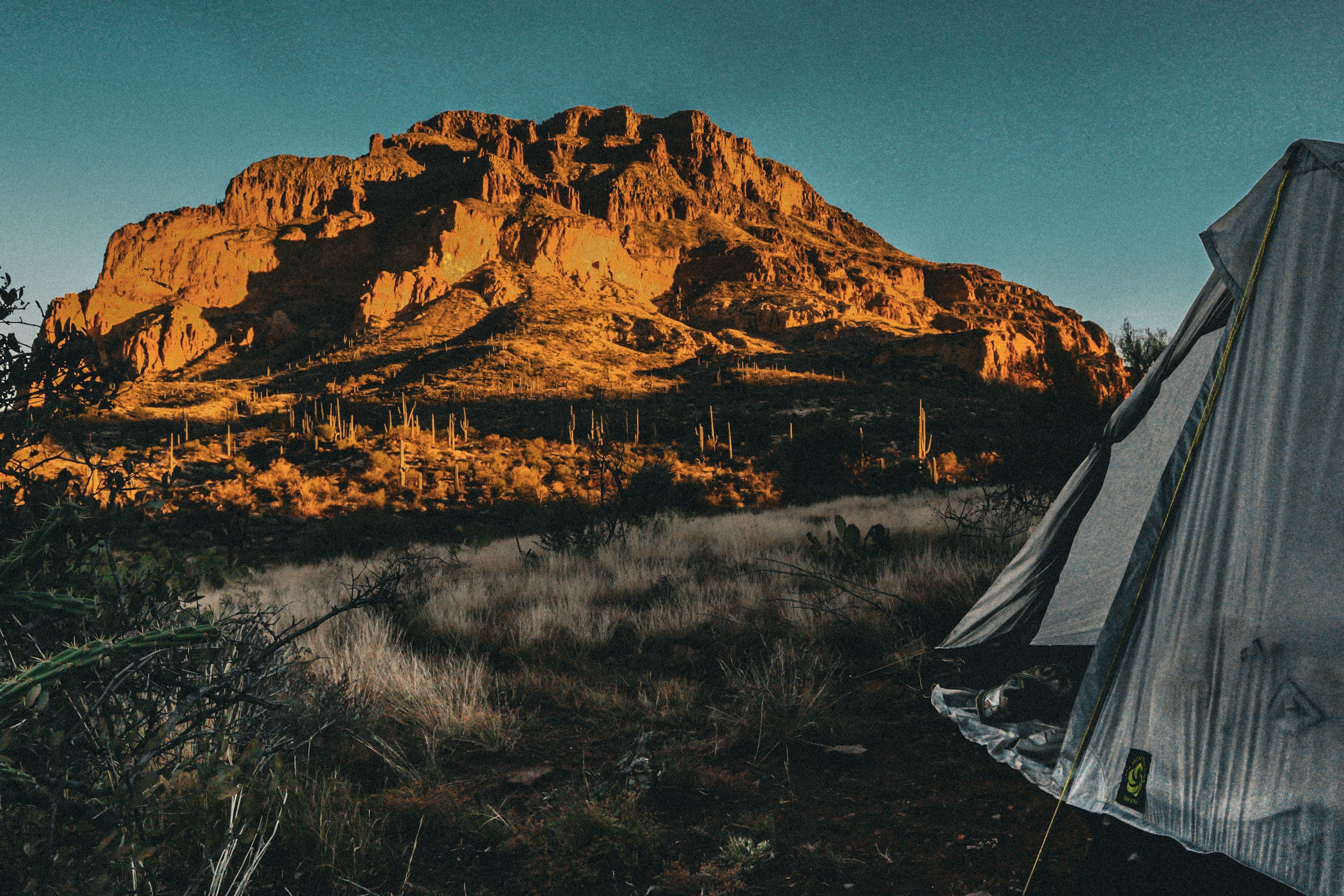
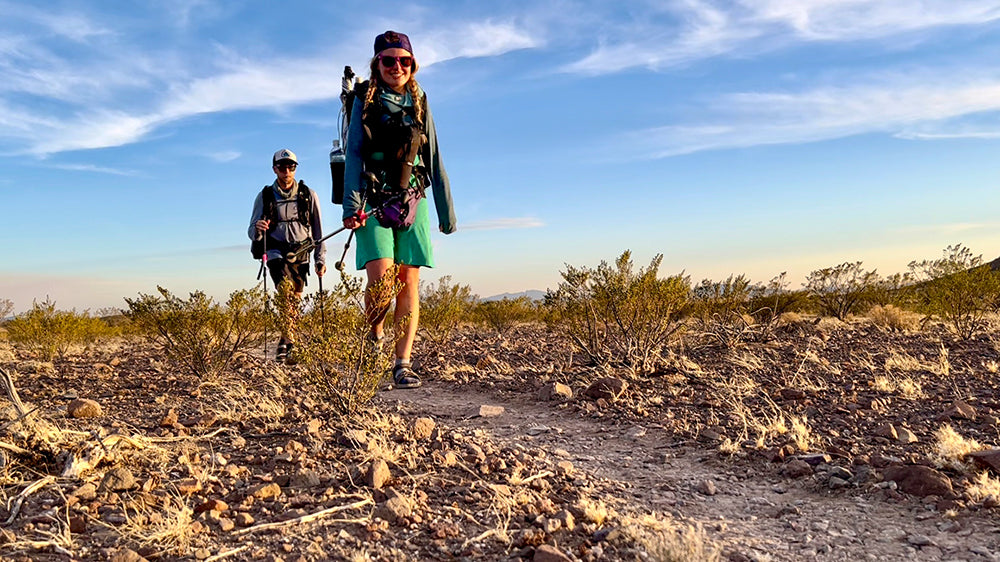
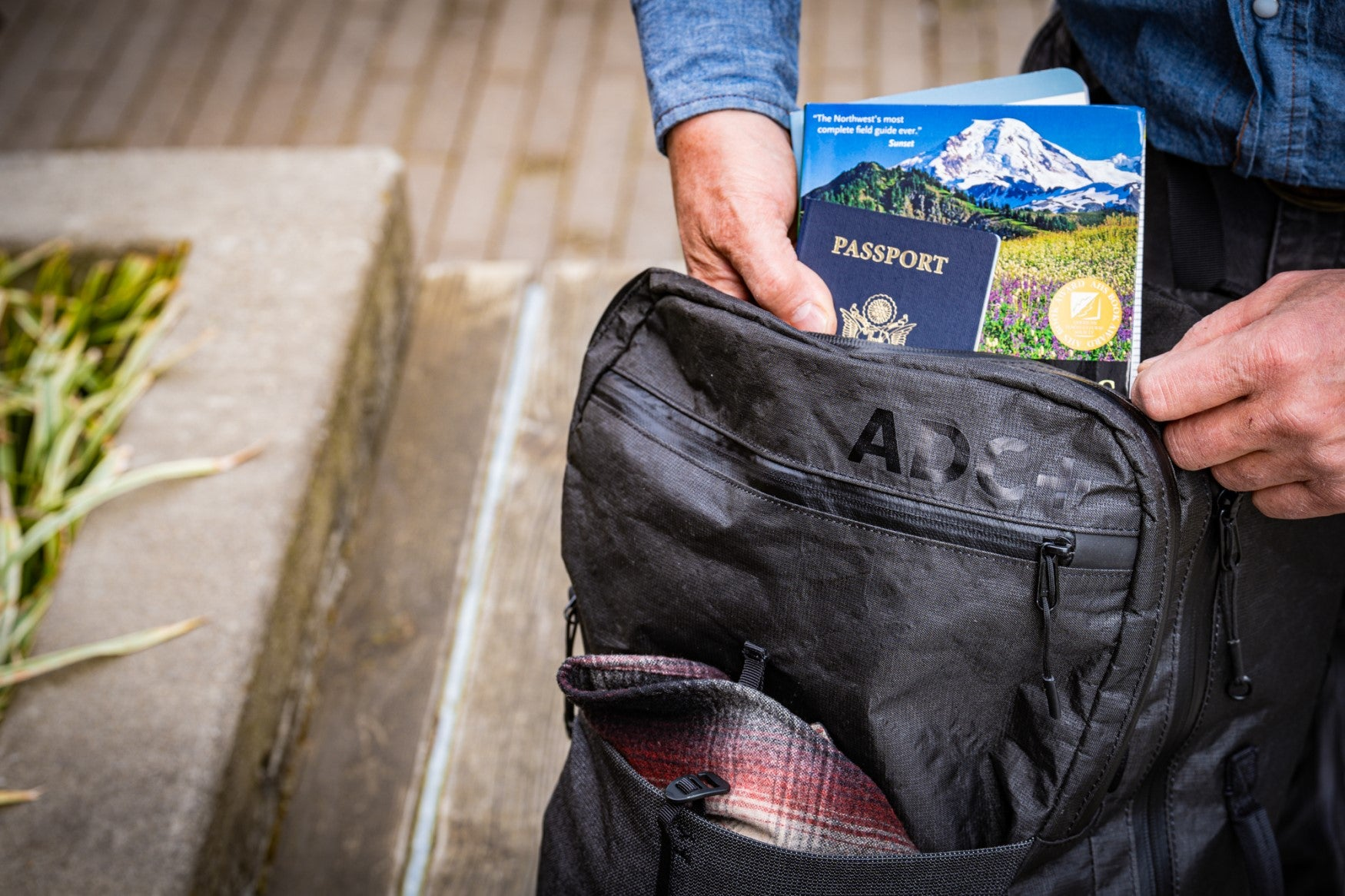
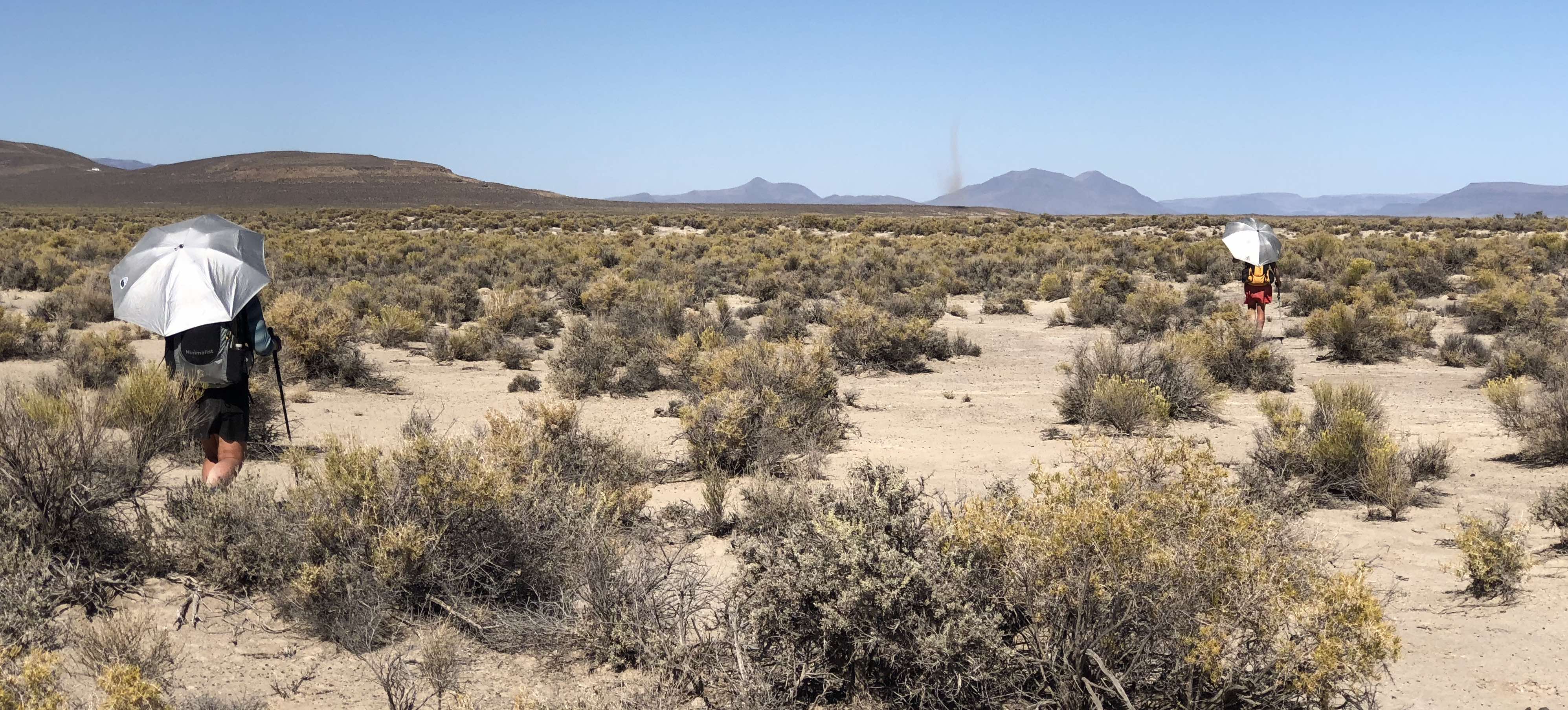
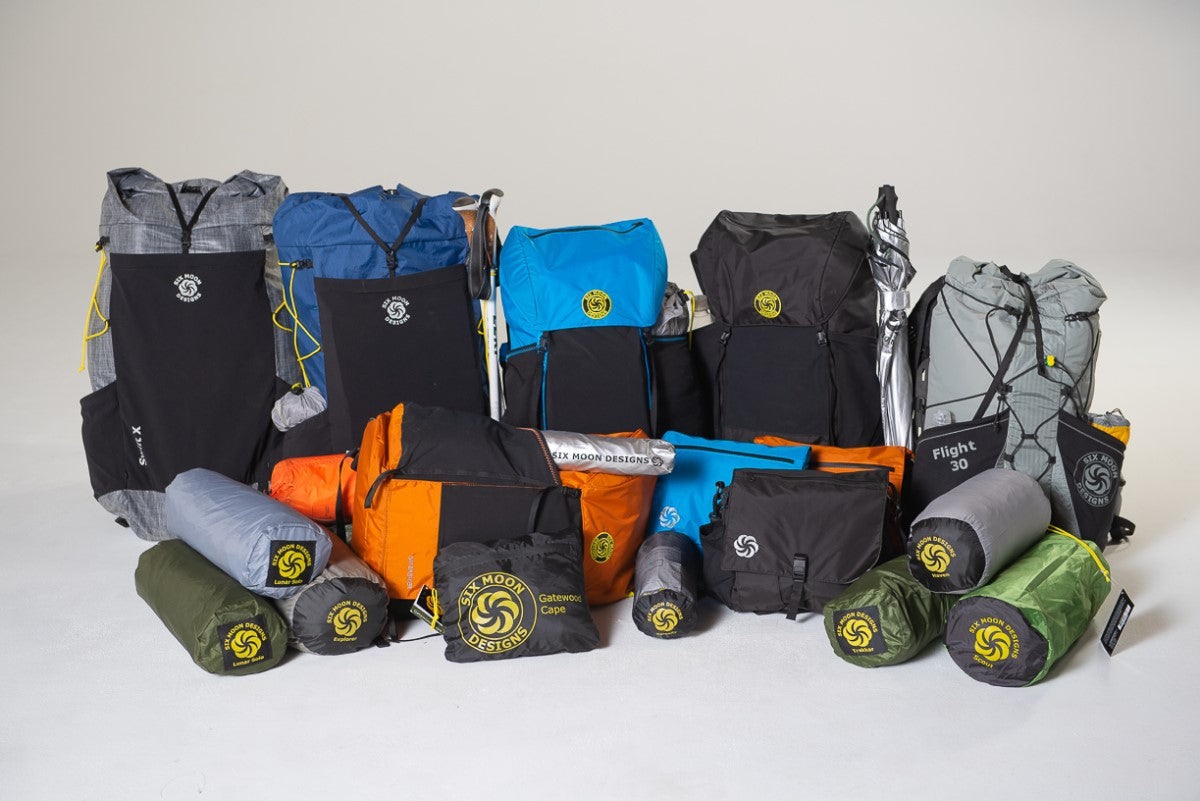
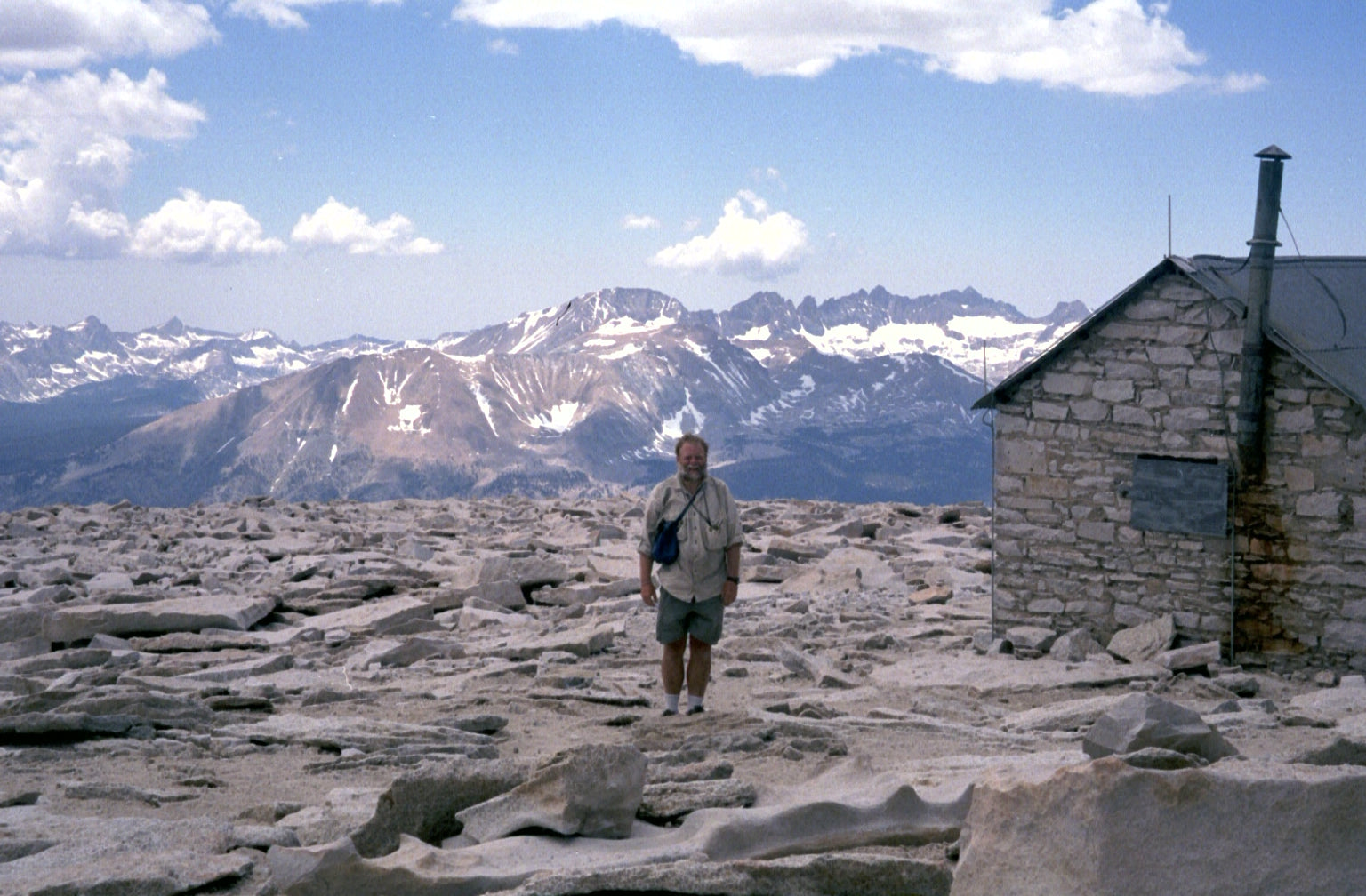
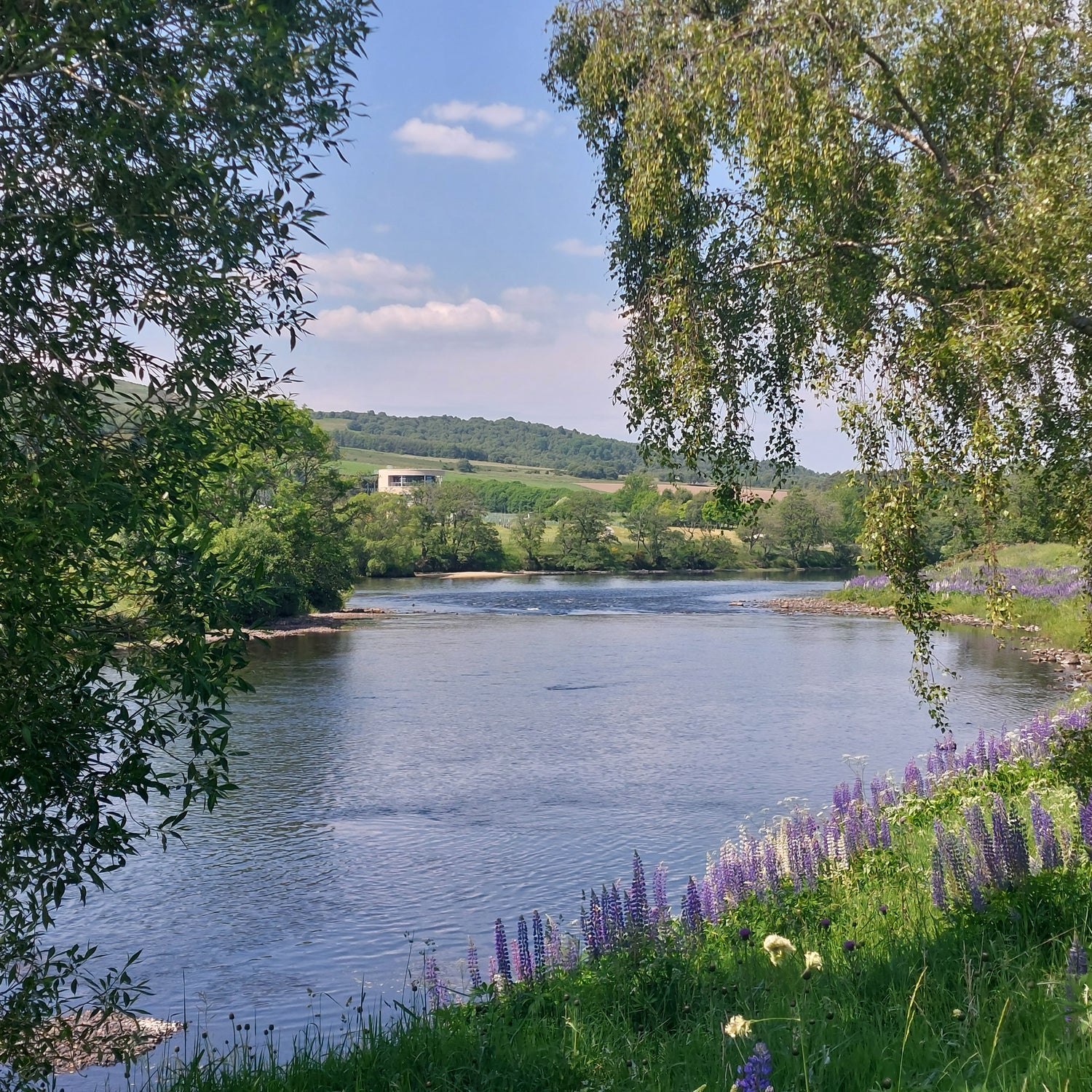
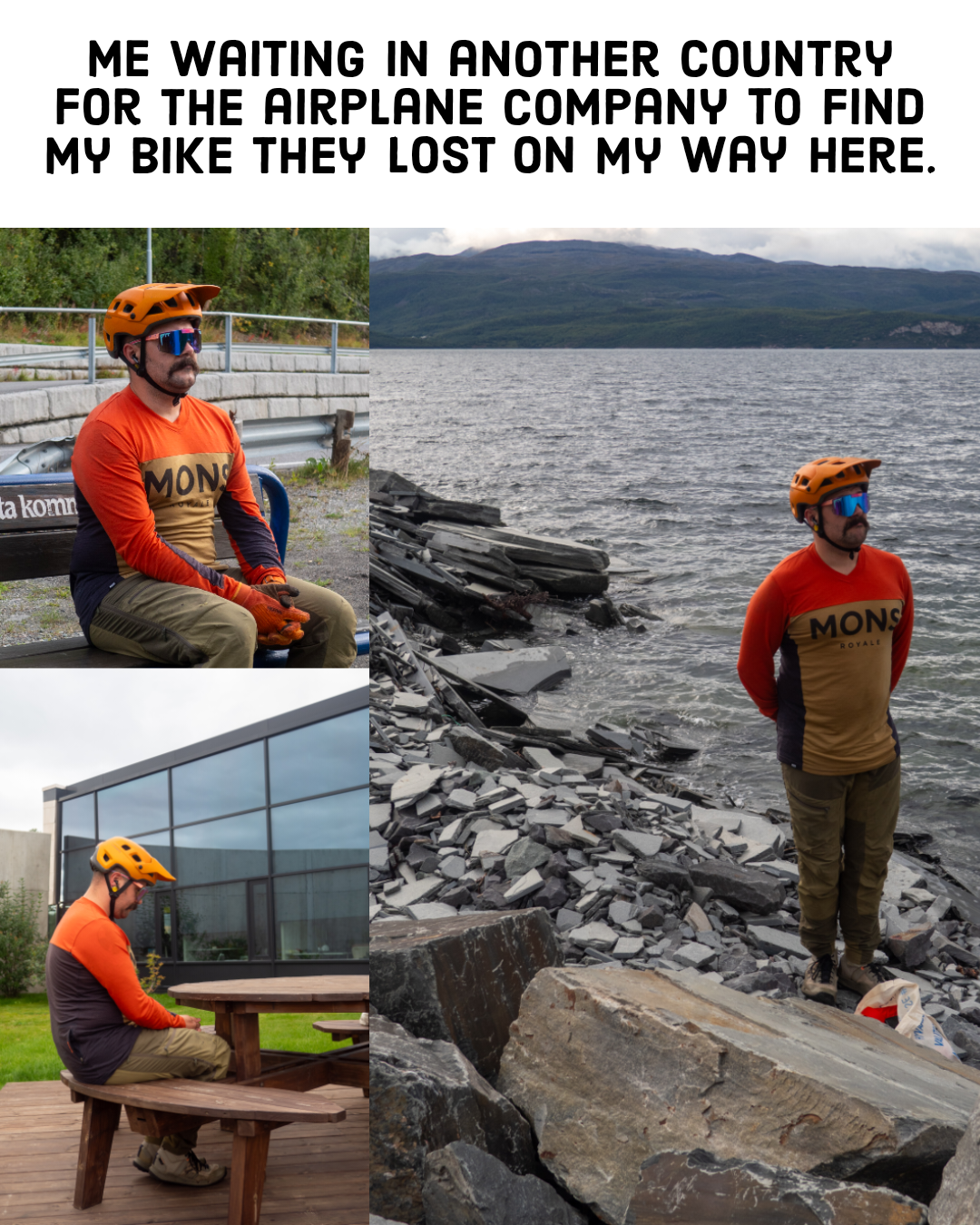
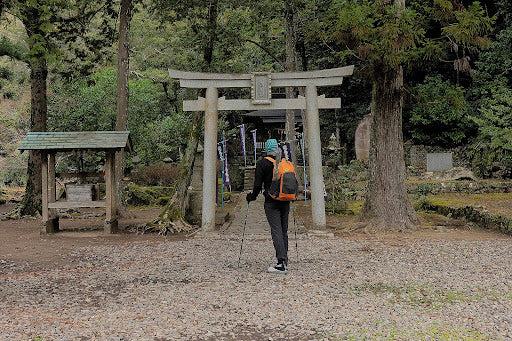
Leave a comment
This site is protected by hCaptcha and the hCaptcha Privacy Policy and Terms of Service apply.